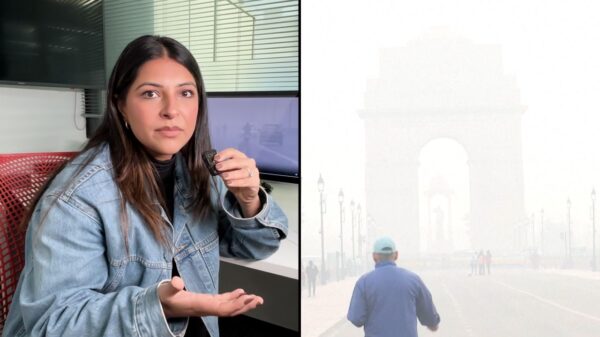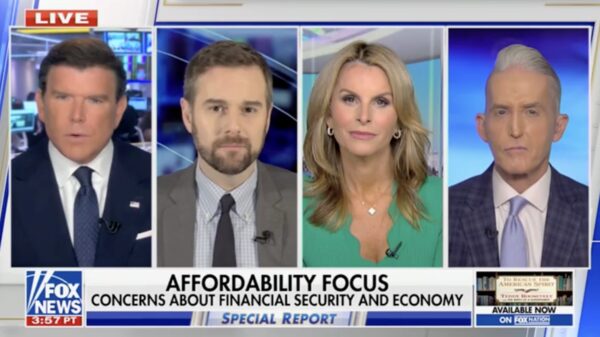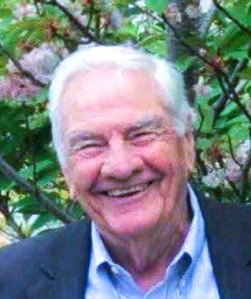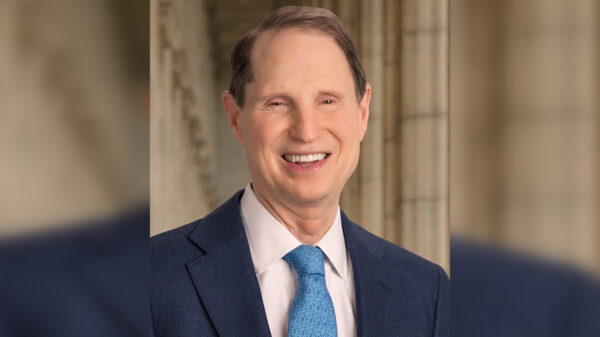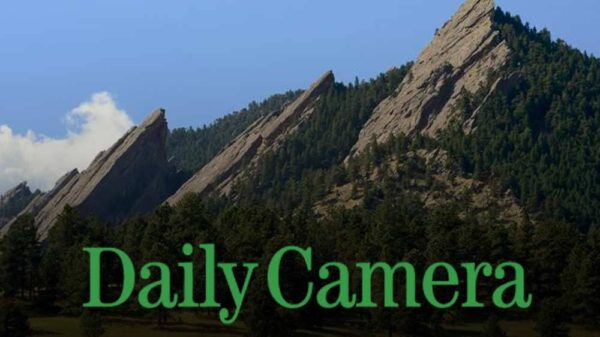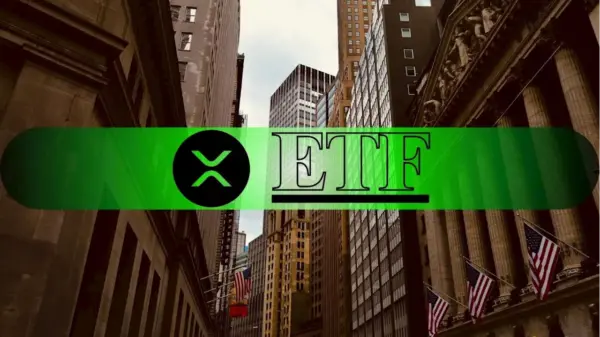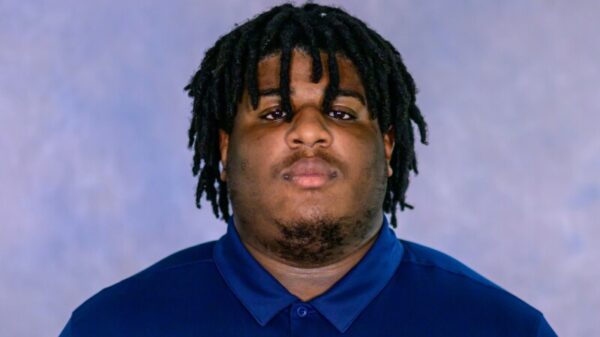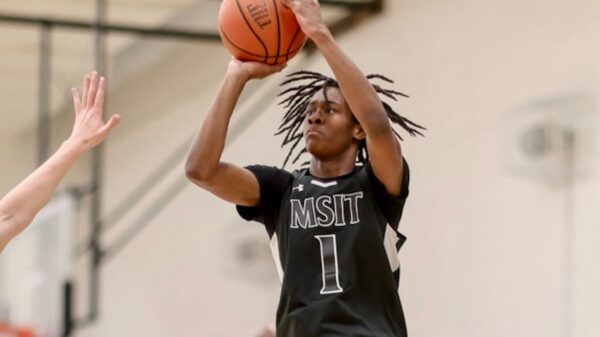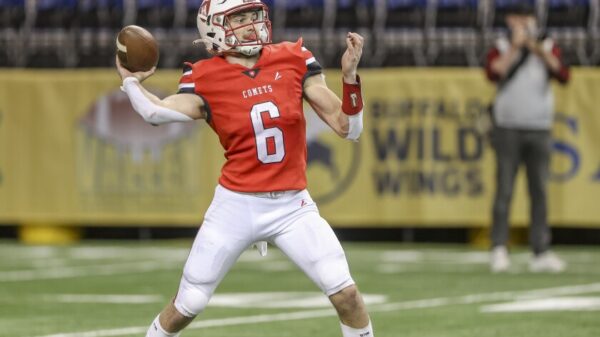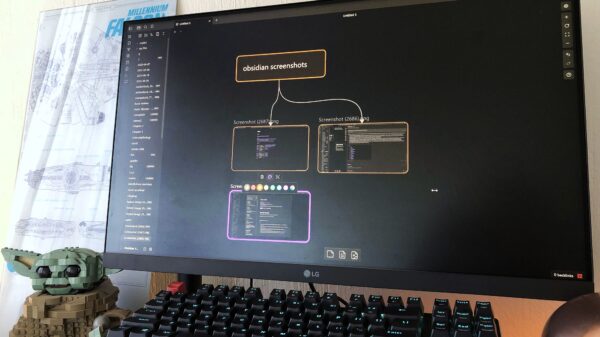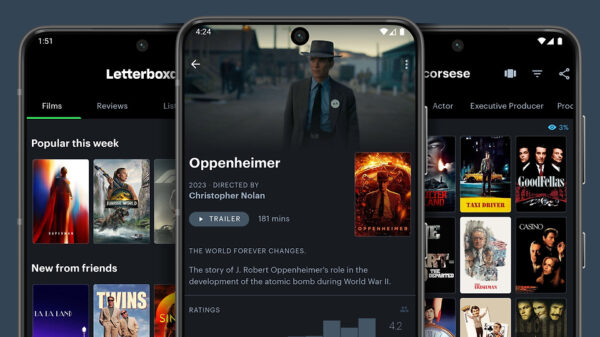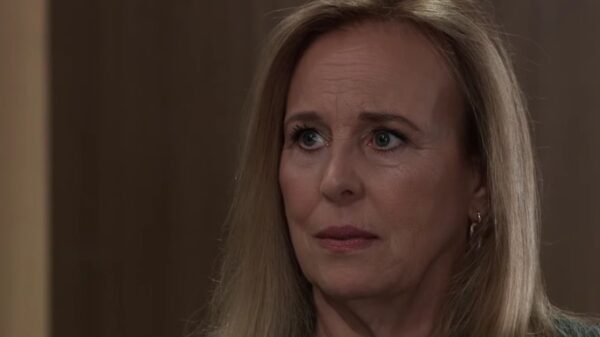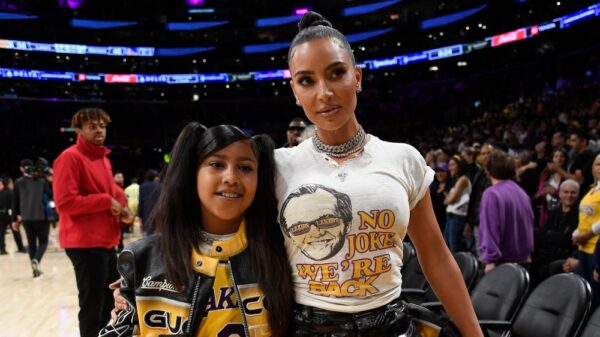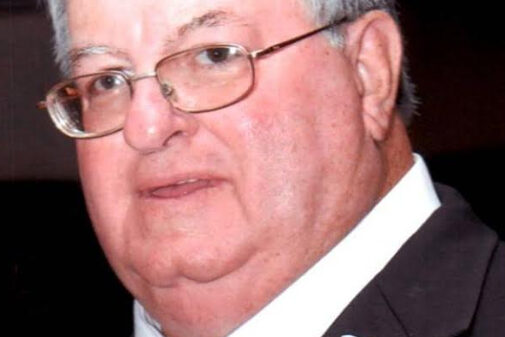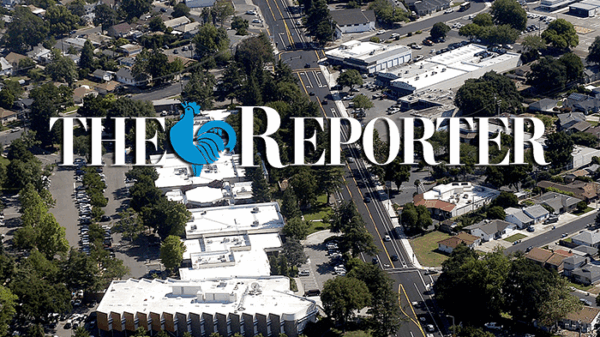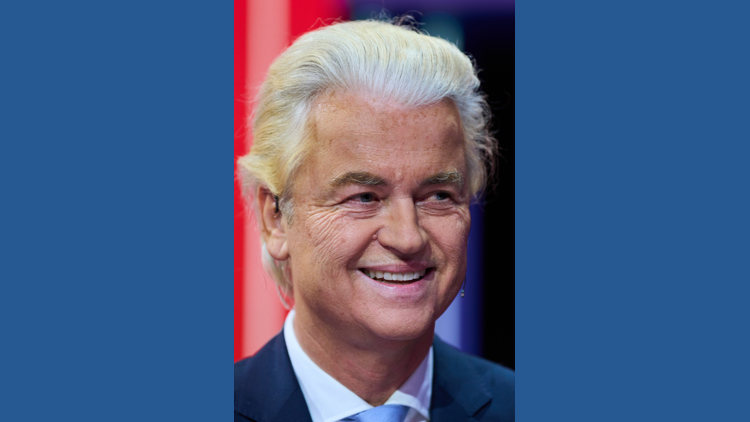THE HAGUE, Netherlands — The upcoming Dutch election on March 15, 2024, is set to be a closely contested battle for the 150 seats in the Second Chamber of Parliament. Key players in this race include Geert Wilders, leader of the populist Party for Freedom, and Frans Timmermans, head of the center-left bloc formed by the Labor Party and Green Left.
Wilders has gained significant notoriety for his outspoken criticism of Islam. He has been a prominent figure in Dutch politics for years, previously holding opposition seats until his party achieved a surprising election victory two years ago. Despite this success, Wilders was unable to secure the position of prime minister, as coalition partners were hesitant to support him in that role. Instead, he appointed career civil servant Dick Schoof as premier.
This election marks a critical moment for Wilders, who narrowly missed a chance at power in 2010 when he supported a minority coalition led by former Prime Minister Mark Rutte. After 18 months, he withdrew his support over austerity disagreements. Wilders, 62, has faced numerous threats to his safety, resulting in him living under constant protection for over two decades. In 2014, he was convicted of insulting Moroccans during an election rally, a ruling he condemned as a “political trial” that undermined free speech.
On the other side of the political spectrum, Timmermans, aged 64, has played a significant role in the Labor Party’s collaboration with the Green Left to form a competitive center-left bloc. His international profile rose dramatically following his emotional address to the United Nations Security Council after the downing of Malaysia Airlines flight MH17 in 2014. This election campaign has not been without its challenges; Timmermans’ party lodged a police complaint regarding misleading, AI-generated images that falsely depicted him in compromising situations. The images were circulated by members of Wilders’ party, prompting an apology from Wilders, though no disciplinary action was taken against those involved.
Other Key Contenders in Dutch Politics
In addition to Wilders and Timmermans, other notable candidates include Hartger Bontenbal, the newly elected leader of the center-right Christian Democratic Appeal (CDA), and Nilüfer Yeşilgöz-Zegerius, leader of the People’s Party for Freedom and Democracy (VVD). Bontenbal, who took over leadership in August 2023, has worked to revive the party following a significant loss in the last election, where they lost ten of their fifteen seats. His vision emphasizes a return to integrity in politics amid recent scandals that have eroded public trust in lawmakers.
Yeşilgöz-Zegerius, a former refugee from Turkey, faced difficulties after succeeding Rutte as VVD leader. In the lead-up to this election, her party has struggled, with Wilders’ populist platform and the center-left coalition gaining ground. She remains in her role but could face challenges if the VVD continues to perform poorly at the polls.
The centrist D66 party, led by Rob Jetten, 38, has seen a resurgence in recent polls. Jetten, who was first elected to parliament in 2017 and has served as climate minister, returned to leadership earlier this year after stepping back during a previous coalition government. He has also been open about the homophobic messages he has received, highlighting the ongoing challenges faced by LGBTQ+ individuals in the Netherlands.
As the election approaches, the political landscape in the Netherlands remains dynamic, with each party vying for a chance to influence the future direction of the country. The outcomes on March 15 will not only determine the composition of parliament but also set the tone for ongoing debates about immigration, climate policy, and social cohesion in Dutch society.

